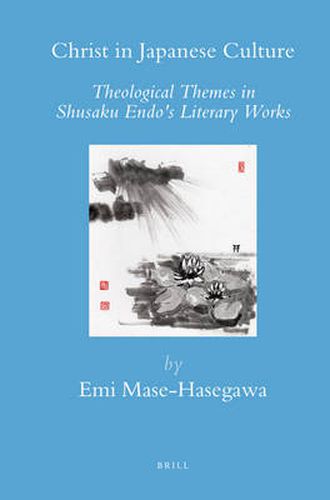Readings Newsletter
Become a Readings Member to make your shopping experience even easier.
Sign in or sign up for free!
You’re not far away from qualifying for FREE standard shipping within Australia
You’ve qualified for FREE standard shipping within Australia
The cart is loading…






This ground-breaking study on the Roman Catholic, Japanese novelist Endo Shusaku (1923-1996) uniquely combines western and Japanese religious, theological and philosophical thought. The author interprets Endo’s central works such as Silence (1966), The Samurai (1980), and Deep River (1996), from a theological point of view as documents of inculturation of Christianity in Japan. Analysing the social and religious context of Japan in a global perspective, the author identifies a central role for koshinto - a traditional Japanese ethos - in Endo’s thought on inculturation. Endo’s change from a critical to a positive acceptance of the koshinto tradition partly accounts for his move from a pessimistic attitude of Christian inculturation in his early years to the growing theocentric and pneumatic concerns of his later years. Essential for Western readers.
$9.00 standard shipping within Australia
FREE standard shipping within Australia for orders over $100.00
Express & International shipping calculated at checkout
This ground-breaking study on the Roman Catholic, Japanese novelist Endo Shusaku (1923-1996) uniquely combines western and Japanese religious, theological and philosophical thought. The author interprets Endo’s central works such as Silence (1966), The Samurai (1980), and Deep River (1996), from a theological point of view as documents of inculturation of Christianity in Japan. Analysing the social and religious context of Japan in a global perspective, the author identifies a central role for koshinto - a traditional Japanese ethos - in Endo’s thought on inculturation. Endo’s change from a critical to a positive acceptance of the koshinto tradition partly accounts for his move from a pessimistic attitude of Christian inculturation in his early years to the growing theocentric and pneumatic concerns of his later years. Essential for Western readers.